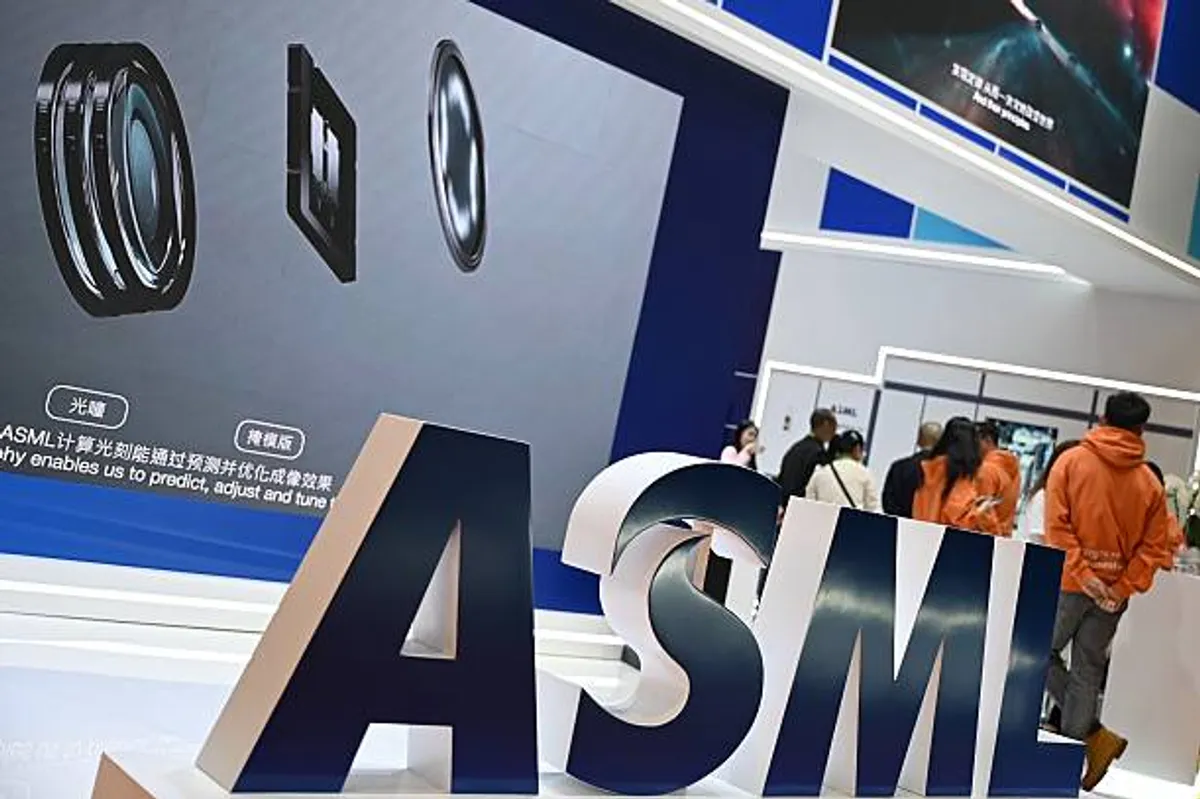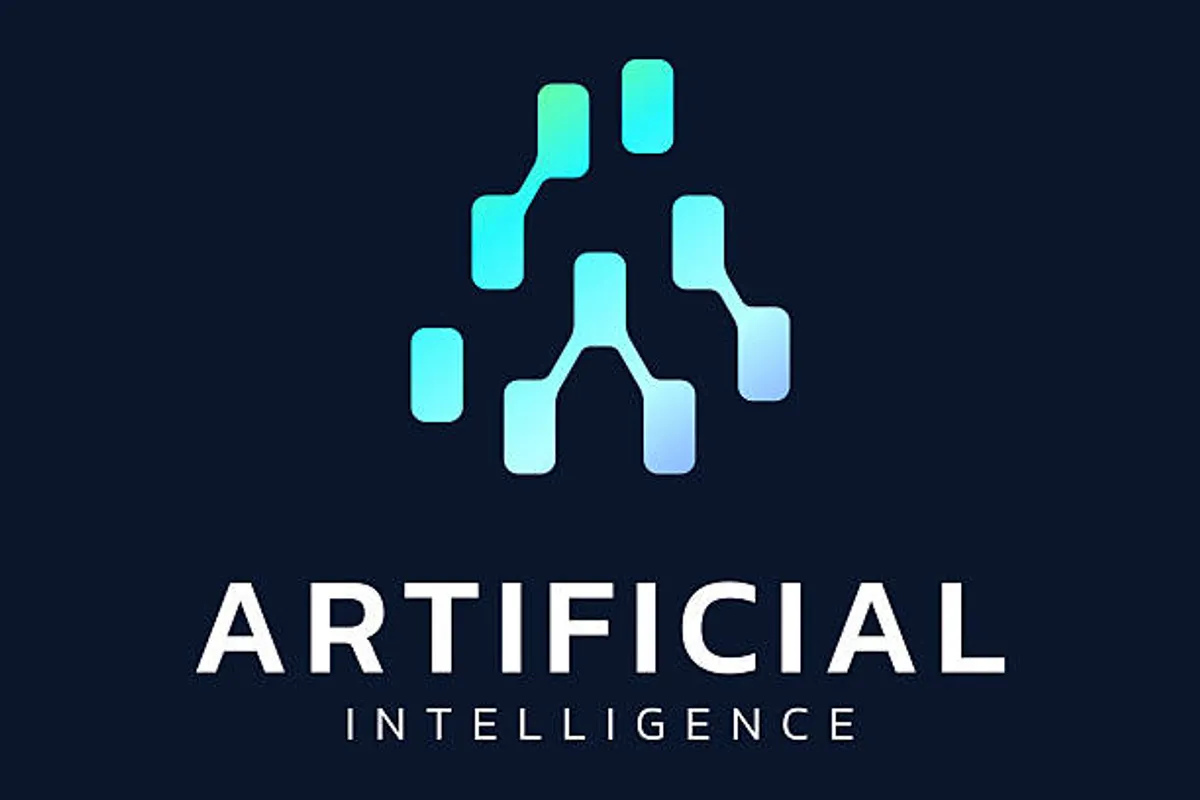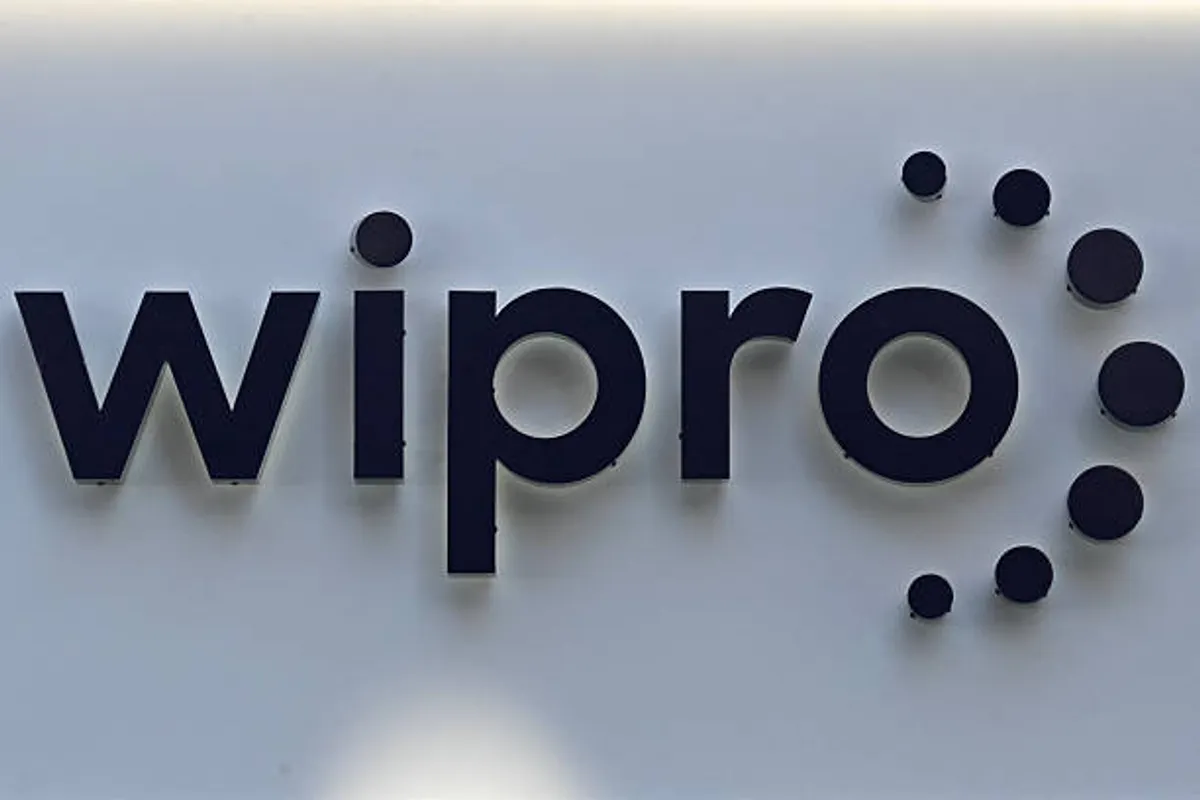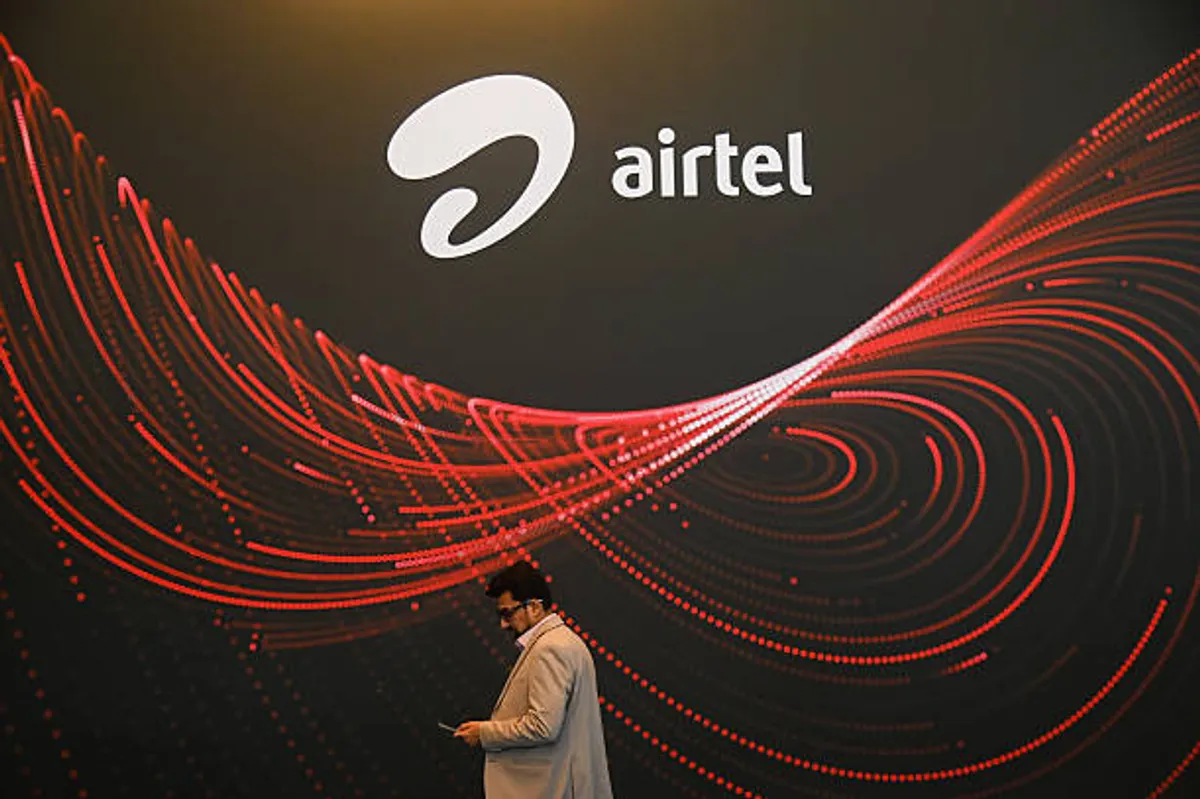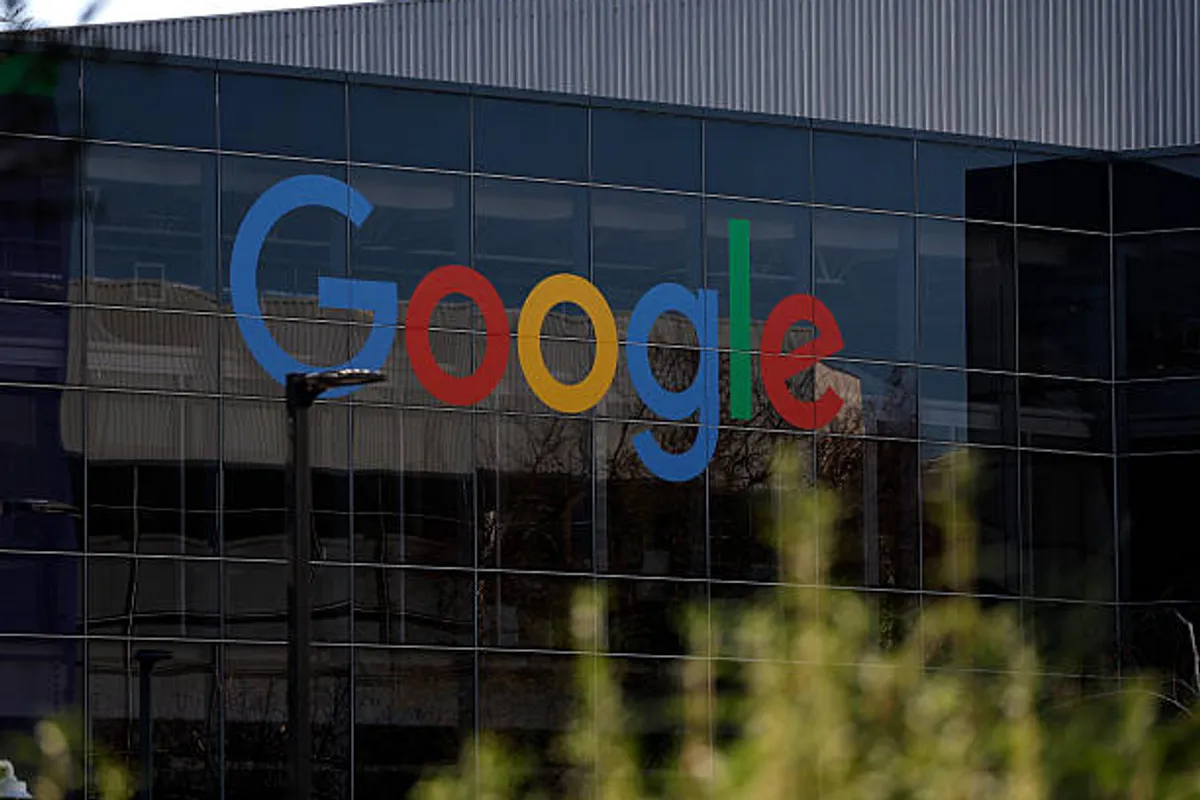Survey Finds 97 % of Listeners Cannot Tell AI-Generated Music from Human-Made – 2025

GeokHub

A global survey commissioned by a major music streaming platform and conducted across eight countries reveals that an overwhelming 97 % of listeners are unable to distinguish between songs fully generated by artificial intelligence and those composed by humans. The study polled 9,000 adults in markets including the United States, United Kingdom, France, Brazil, Canada, Germany, Japan and the Netherlands.
The findings arrive at a moment of rapid expansion in AI-generated music uploads; the platform notes that roughly one-third of all new daily song submissions—about 50,000 tracks—are fully AI-generated. Many listeners expressed surprise or discomfort at their inability to tell the difference, underscoring wider concerns about transparency and the implications for artists.
With streaming services increasingly inundated by synthetic content, music-industry stakeholders face questions over how to label and reward such work, how to protect human creators, and how copyright law must evolve in this era. The survey finds that a clear majority of respondents support requiring disclosure when a track is entirely AI-generated, reflecting growing public demand for transparency.
Analysis / Impact:
The survey’s results suggest a watershed moment for the music industry. If nearly every listener cannot reliably identify AI-generated music, then the line between human creativity and machine production is blurring fast. For artists, labels and platforms, the implications are profound: issues of authenticity, ownership, and compensation are being reframed in real time.
Firstly, the sheer scale of AI-generated uploads challenges existing royalty and rights-management frameworks. When machines generate vast quantities of tracks and listeners cannot tell the difference, platforms must grapple with how to credit creators, how to audit synthetic work, and how to safeguard against abuse such as fake streaming.
Secondly, the survey underscores that consumers care about origin and authorship. A majority expressed that they would prefer AI-generated tracks to be clearly marked, which means streaming services may face pressure to update metadata policies and introduce stronger labels and filters for synthetic music.
Thirdly, for markets like Africa and Nigeria, the findings signal both risk and opportunity. On one hand, the proliferation of AI-generated content may saturate streaming platforms and dilute earnings for human artists, especially in smaller markets. On the other hand, regions that invest early in detection, transparent labelling, and hybrid human-AI models might position themselves advantageously as hubs for localised, culturally relevant AI music services.
In sum, the survey paints a picture of a music-industry tipping point. AI-generated music is no longer fringe—it is mainstream, and listeners cannot reliably tell the difference. The question going forward is not whether AI will play a major role in music, but how the industry will regulate, reward, and integrate this new reality while preserving the value of human creative work.

